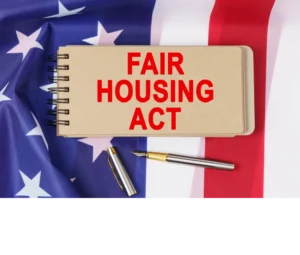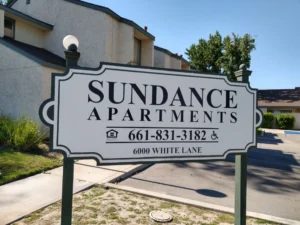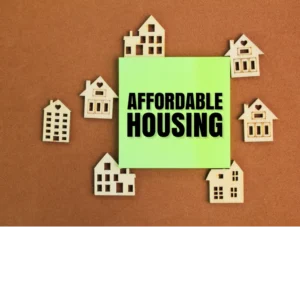Pros and Cons of Section 8 Rentals
by Michael Monteiro
Embarking on renting to Section 8 tenants is one of those decisions that property managers should undertake only after thoroughly researching all the implications of renting to this very specific demographic. Following are some of the primary pros and cons to consider when evaluating whether or not Section 8 rentals are for you.
Pros: Government subsidies mean that your rental income is more assured than in other cases.
Since Section 8 tenants are by nature low-income tenants, many landlords are rightfully concerned that renting to this sector will result in difficulties with rent collection or, even worse, default altogether. The truth of the matter, though, is that in many ways Section 8 rental income is among the most reliable. Under Section 8, tenants are responsible for approximately 30 percent of their rent, while the US government picks up the balance of the rental payment. This US government balance is paid directly to the property landlord.
Cons: Renting to Section 8 tenants puts your property under greater scrutiny due to government rules and regulations.
Be aware that before approving one of your units for Section 8 occupancy, the US Department of Housing and Urban Development (HUD) will determine your units Fair Market Rent (FMR). Once the FMR is determined, you are obligated to cap your Section 8 units rent at that rate and are not allowed to accept outside payments that will result in a rent higher than the FMR.
In addition to FMR restrictions, Section 8 properties are also subject to a full premises inspection to ensure HUDs Housing Quality Standards are met and stringent HUD-mandated eviction rules and regulations.
Pros: Because you have access to a specific demographic, Section 8 tenants may resolve persistent vacancy issues.
In many cases, Section 8 housing wait lists are thousands of families long or, in some states, closed altogether due to over-extension. This means that there is no shortage of Section 8 families available to rent out your units. For landlords that have difficulty renting out units, Section 8 may be a great solution to generate increased rental income.
Cons: Other tenants may be somewhat hesitant to rent from a Section 8 property.
The truth of the matter is, many people associate Section 8 housing with run-down properties that cater to an undesirable demographic. Obviously, this is not necessarily true. For the most part, the proof is in the pudding. If you are concerned that Section 8 units may discourage other renters from living on your property, exert even more effort than usual into making sure that your property is top-notch. Keep all public areas of your property spic n span; stay current on maintenance and upkeep; put some extra effort into making your property aesthetically pleasing with landscaping and gardening; and enforce property rules and policies regarding noise and unit upkeep.
Of course, landlords of any stripe should be diligent about the issues above, but putting a little extra effort forth in this specific scenario will only work to your advantage.
As with so many other aspects of property management, gaining a good grasp on the issue at hand is 90 percent of the battle. If you are considering incorporating Section 8 rentals in your property, be sure to not only do some online research on the topic, but also talk with other landlords who rent to Section 8 tenants and address any questions you may have to the appropriate state and federal agencies.
American Apartment Owners Association offers discounts on products and services for landlords related to your real estate investment including REAL ESTATE FORMS, tenant debt collection, tenant background checks, insurance and financing. Find out more at joinaaoa.













 Accessibility
Accessibility